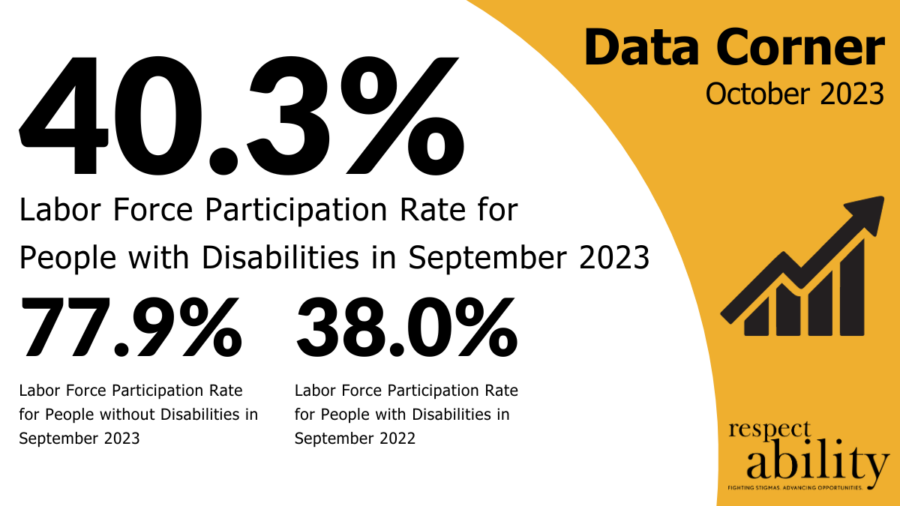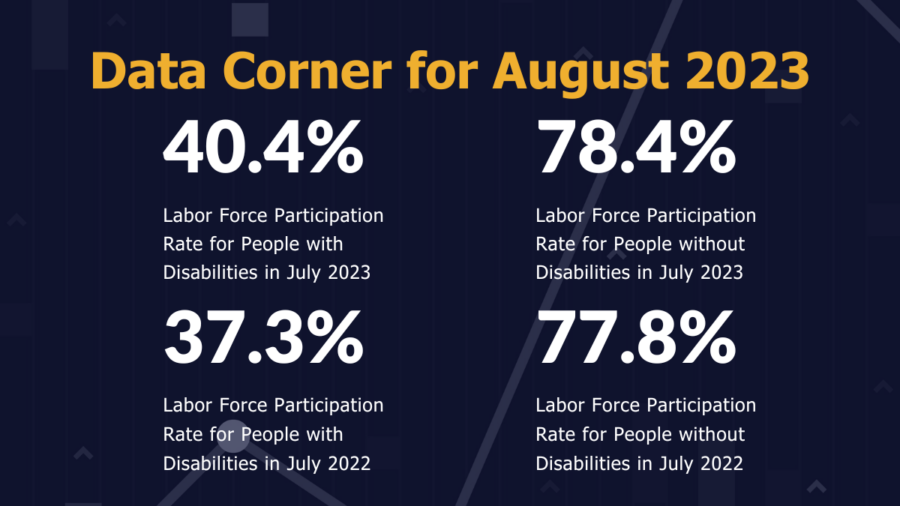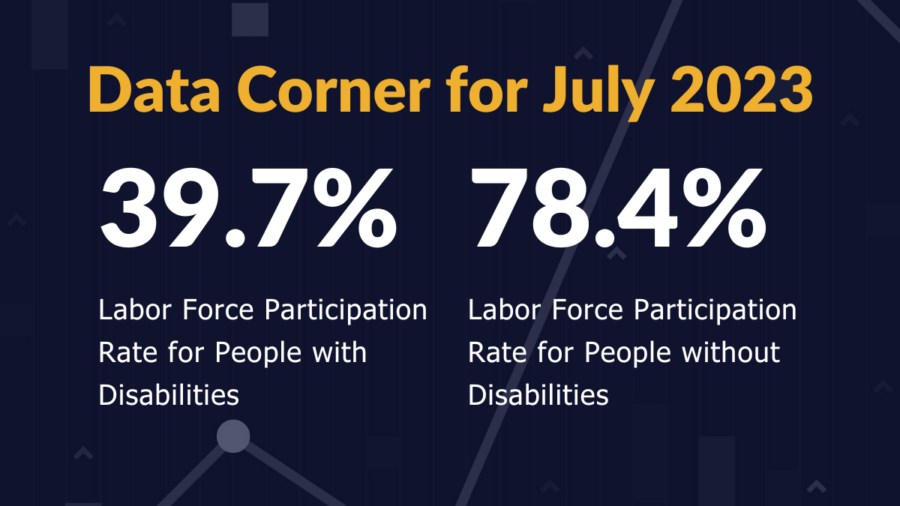 What if you had to choose between paying your rent and marrying your significant other? People with disabilities who receive Supplemental Security Income (SSI) are faced with this decision every day. The SSI Savings Penalty Elimination Act raises asset limits for SSI recipients and couples. This proposal, while simple, could have a significant impact on SSI recipients and their families.
What if you had to choose between paying your rent and marrying your significant other? People with disabilities who receive Supplemental Security Income (SSI) are faced with this decision every day. The SSI Savings Penalty Elimination Act raises asset limits for SSI recipients and couples. This proposal, while simple, could have a significant impact on SSI recipients and their families.
Individuals who receive SSI are each allowed to have $2,000 in assets (such as cash, stocks, and vehicles), but married couples are only allowed to have $3,000 in assets between the two spouses. The asset limit is less for couples than it would be if the two people chose not to marry. Furthermore, second cars (which most people take for granted) can easily put a married couple over the asset threshold. This policy results in many couples choosing to remain unmarried or even for married couples to get divorced in order to be allowed to own a second car or to save an additional $1,000 a month.
The SSI Savings Penalty Elimination Act partially addresses these issues by proposing that asset limits to qualify for SSI be raised from $2,000 to $10,000 for individuals, and from $3,000 to $20,000 for couples. This will be the first time that SSI asset limits have been raised since 1989 and aligns with projected inflation-adjusted asset limits. [continue reading…]





 Since 1971, the Judge Rotenberg Center in Canton, Massachusetts has served as an institution for individuals with developmental disabilities. To help patents stop dangerous behaviors, the center uses aversive therapy, in which a patient experiences a form of discomfort given by a therapist if the patient engages in perceived inappropriate behaviors. The goal is for the patient to recognize that continued occurrences of such behaviors will result in further exposure to the discomfort given by the therapist, leading them to stop the behavior.
Since 1971, the Judge Rotenberg Center in Canton, Massachusetts has served as an institution for individuals with developmental disabilities. To help patents stop dangerous behaviors, the center uses aversive therapy, in which a patient experiences a form of discomfort given by a therapist if the patient engages in perceived inappropriate behaviors. The goal is for the patient to recognize that continued occurrences of such behaviors will result in further exposure to the discomfort given by the therapist, leading them to stop the behavior.


 Spotlight on Service Dogs
Spotlight on Service Dogs
 Advocating for the disability community takes our policy team all over the country and the Indianapolis State Capitol is only the latest stop for State Policy Manager Jimmy Fremgen!
Advocating for the disability community takes our policy team all over the country and the Indianapolis State Capitol is only the latest stop for State Policy Manager Jimmy Fremgen!





